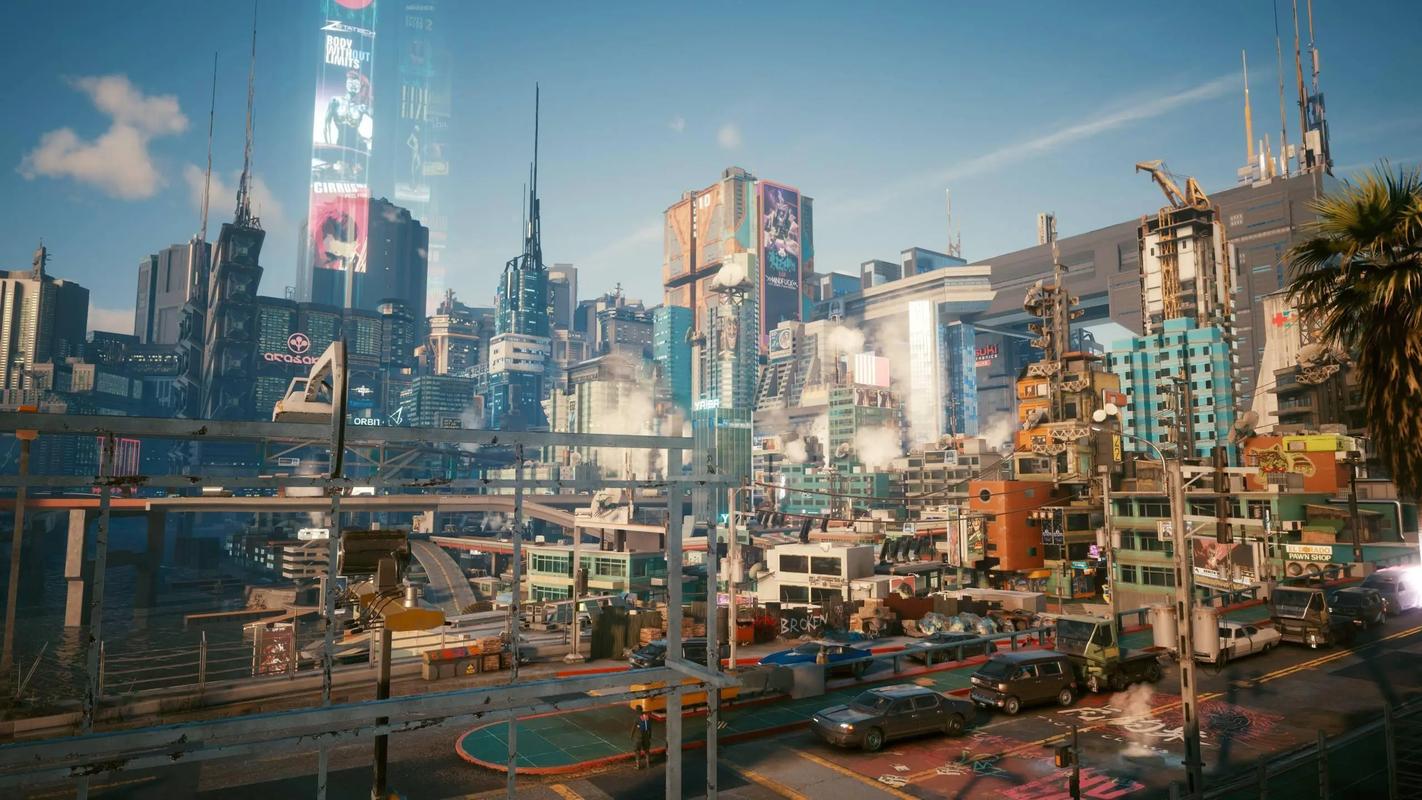How Does Fire Emblem's Soundtrack Compare to JRPGs with Iconic Scores?
The world of Japanese role-playing games (JRPGs) is renowned for its rich storytelling, intricate gameplay, and—most importantly—its iconic soundtracks. From the sweeping melodies of Final Fantasy to the haunting harmonies of Chrono Trigger, music has long been a cornerstone of the genre’s emotional and immersive power. Among these legendary scores, the Fire Emblem series has carved out a unique and enduring legacy. But how does its soundtrack compare to those of JRPGs with universally celebrated musical compositions? To answer this, we must explore the evolution of Fire Emblem's music, its compositional philosophy, and its place within the broader context of JRPG history.
The Legacy of Iconic JRPG Soundtracks
To understand Fire Emblem's standing, we must first acknowledge the titans of JRPG music. Series like Final Fantasy, composed primarily by Nobuo Uematsu, and Chrono Trigger, with contributions from Uematsu, Yasunori Mitsuda, and Noriko Matsueda, are often hailed as gold standards. These soundtracks are characterized by their memorable leitmotifs, orchestral grandeur, and technical innovation. Tracks like Final Fantasy VII's "Aerith's Theme" or Chrono Trigger's "Corridors of Time" are not just background music—they are emotional anchors that define moments and characters, elevating narrative impact.
Similarly, franchises like Dragon Quest (composed by Koichi Sugiyama) and Xenoblade Chronicles (featuring Yasunori Mitsuda and ACE+) employ music to build worlds. Dragon Quest’s symphonic approach establishes a classic, fairy-tale atmosphere, while Xenoblade uses epic, scale-driven compositions to mirror the vastness of its environments. These soundtracks are integral to the identity of their respective games, often transcending the medium to become cultural touchstones.
Fire Emblem’s Musical Evolution
Fire Emblem’s musical journey began in 1990 with the release of the first game on the NES. Composed by Hiroki Morishita, the original soundtrack was limited by hardware constraints but established foundational themes—most notably the "Fire Emblem Theme," which would become the series' anthem. As the franchise evolved, so did its music. The Super Nintendo era introduced more complex arrangements, but it was the transition to 3D with Fire Emblem: Path of Radiance and Radiant Dawn that marked a significant leap. Composed by Rei Kondoh and others, these soundtracks blended traditional orchestration with dynamic combat music, reflecting the strategic and emotional depth of the games.
However, it was with the modern entries—particularly Awakening, Fates, and Three Houses—that Fire Emblem’s music gained widespread acclaim. Composers like Hiroki Morishita, Rei Kondoh, and Takeru Kanazaki incorporated a diverse range of styles, from classical and folk to rock and electronic elements. Tracks such as "Id (Purpose)" from Awakening and "God-Shattering Star" from Three Houses are now celebrated for their intensity and narrative synergy.
Compositional Philosophy: Character and Context
One key difference between Fire Emblem and other JRPGs lies in its compositional philosophy. While Final Fantasy or Chrono Trigger often use music to underscore specific story moments or locations, Fire Emblem’s music is deeply tied to its strategic gameplay and character relationships. For example, combat themes change based on player phase versus enemy phase, creating a dynamic auditory experience that mirrors tactical tension. Additionally, the use of vocal tracks in recent games, like "Lost in Thoughts All Alone" from Fates, serves as a narrative device, directly commenting on the plot and characters.
In contrast, iconic JRPGs tend to prioritize melodic storytelling through environmental and cinematic tracks. Final Fantasy’s "To Zanarkand" is a poignant piano piece that encapsulates the game’s melancholy, while Chrono Cross’s "Scars of Time" opens the game with a powerful overture. These compositions are designed to be instantly recognizable and emotionally resonant, often independent of gameplay context.
Cultural Impact and Recognition
While Fire Emblem’s music may not have the same mainstream recognition as Final Fantasy or Dragon Quest, it has cultivated a dedicated fanbase and critical respect. The series’ themes are frequently performed in concert settings, such as the Fire Emblem Orchestra Concerts, and arrangements appear in crossover games like Super Smash Bros., introducing the music to broader audiences. Yet, it lacks the ubiquitous cultural footprint of Uematsu’s work, which has been performed by symphonies worldwide and covered by artists across genres.
That said, Fire Emblem’s music excels in its niche. Its ability to adapt to gameplay mechanics—such as the classroom and exploration themes in Three Houses—showcases a flexibility that some more rigidly cinematic JRPG soundtracks lack. The music is not just accompaniment; it is an interactive element that enhances player agency.
Technical and Artistic Merit
From a technical perspective, Fire Emblem’s modern soundtracks are on par with any top-tier JRPG. The use of live orchestras, choirs, and folk instruments in Three Houses demonstrates a commitment to acoustic richness and authenticity. Tracks like "Apex of the World" blend multiple leitmotifs from the game into a cohesive and thrilling finale, showcasing sophisticated compositional techniques.
However, compared to the pioneering work of Chrono Trigger or the orchestral ambition of Final Fantasy, Fire Emblem’s music is perhaps less revolutionary and more iterative. It builds upon established JRPG traditions rather than redefining them. Yet, this consistency is also a strength—the series has maintained a high musical standard across decades, avoiding the missteps that occasionally plague other long-running franchises.
Conclusion: A Unique Voice in a Crowded Genre
In conclusion, Fire Emblem’s soundtrack stands as a unique and formidable presence among JRPGs with iconic scores. While it may not possess the same immediate recognizability as Final Fantasy or the nostalgic ubiquity of Dragon Quest, it excels in its integration with gameplay and narrative depth. The series’ music is a testament to how adaptive and character-driven composition can create a distinct auditory identity. It may not always be the first name mentioned in discussions of JRPG music, but for those who have experienced its strategic battles and emotional journeys, Fire Emblem’s soundtrack is every bit as iconic—and indispensable.















